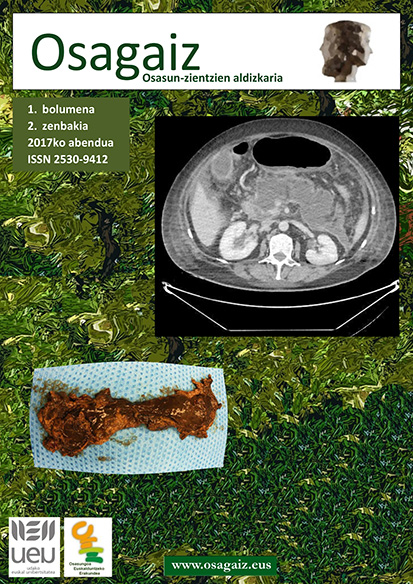Abstract
Most of the world’s population is bi- or multilingual. Much has been written about the importance of language in the therapeutic relationship due to the impact of misunderstandings. Language is especially important in Mental Health. Indeed, the signs and symptoms of psychiatric diseases are expressed through language. In addition, most of these diseases affect language itself. Schizophrenia is a clear example of these peculiarities. The aim of this work was to identify and review studies which examined the effect of language on symptom manifestation among bilingual psychotic patients. We searched the PubMed database to find studies which (I) were conducted with bilingual psychotic patients (schizophrenia, schizoaffective disorder or bipolar disorder with psychotic symptoms) and (II) compared positive psychotic symptoms (delusions and hallucinations) in both languages. No filters regarding periods of time or type of study were used. A total of fifteen studies were found. Most of them concluded that there were differences in symptom manifestation when patients were assessed in their mother tongue vs. an acquired language. Most of these studies indicated that patients reported more severe delusional symptoms when they were assessed in their mother tongue. Also, differences were observed in relation to auditory hallucinations, which apparently occurred more frequently in the patients’ mother tongue. These findings should be taken into account in bilingual social contexts, such as that of the Basque Country, and indicate that patients can be more precisely diagnosed when the psychopathological assessment of bilingual psychotic patients is carried out in both languages.

